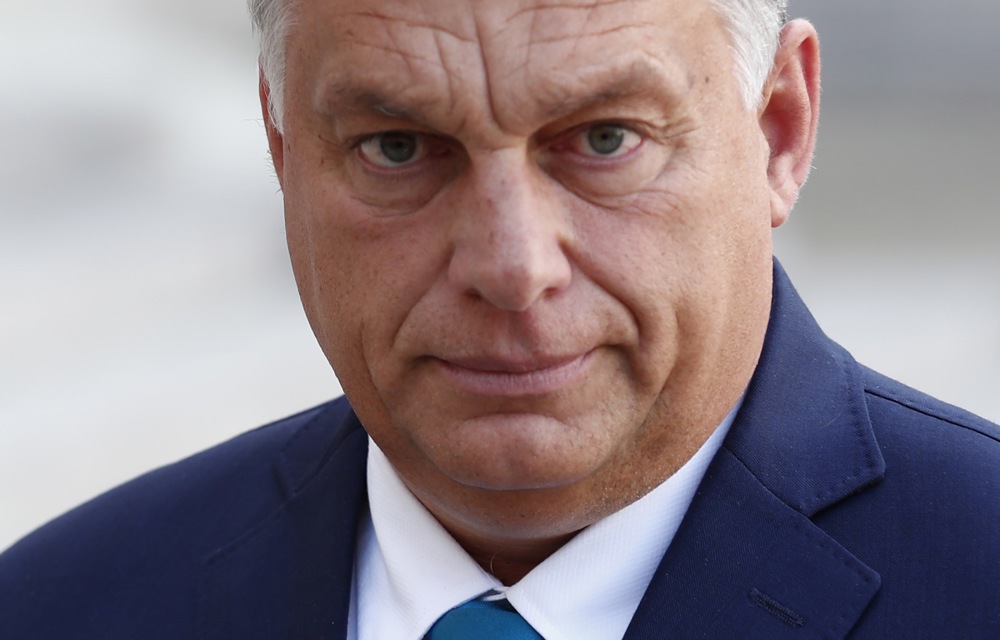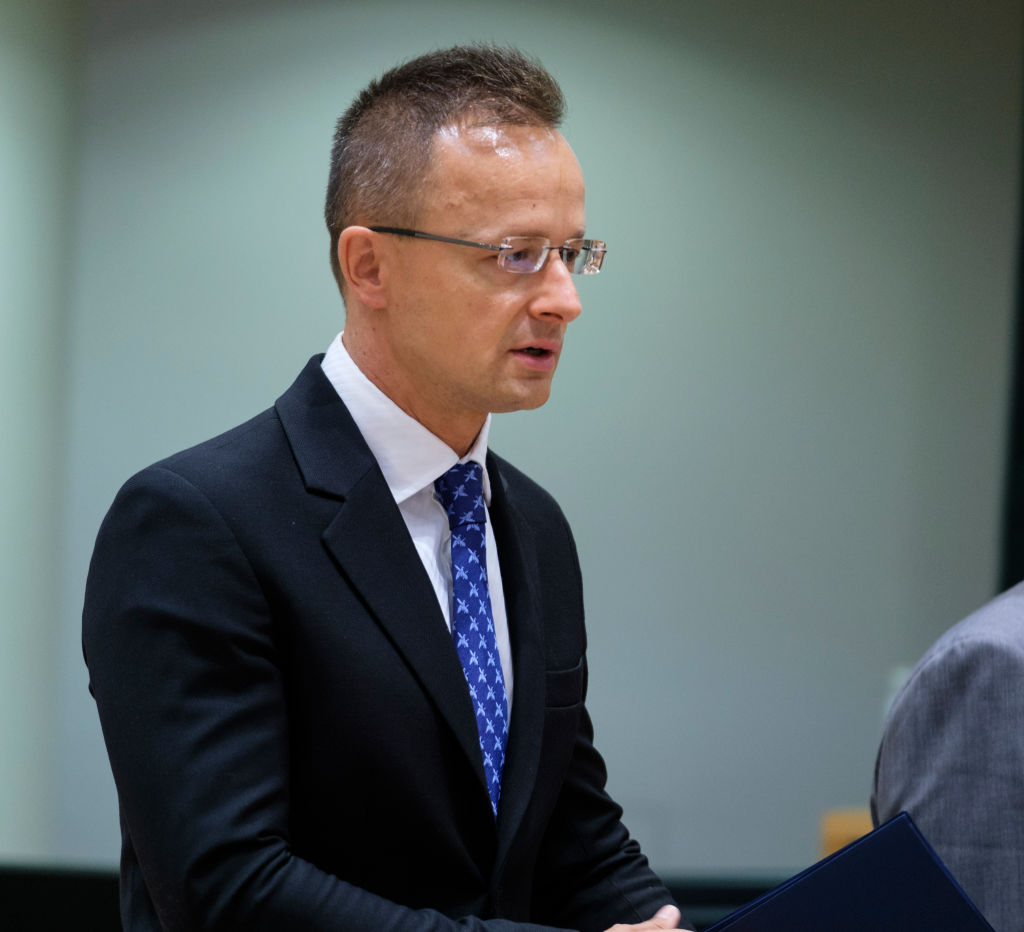Hungary is on track with its judicial reforms and can therefore expect some of its frozen funds to be released, European Commission officials said on November 30. On other topics, however, the EU executive said it expected change before the remaining money could flow.
Speaking on the condition of anonymity, the officials said the contested “rule of law” issues, covering, amongst other subjects, the appointment of judges, are moving in the right direction in Budapest.
The EU suspended payments to Hungary in 2020. Since then, both sides have been negotiating reform, which the Commission said had been “positive”. EU funds are as a result expected to be released soon: up to Euro 10 billion.
EC officials said however that there were three outstanding, separate, issues.
The Brussels executive thinks that academic freedom is at risk in Hungary. It says the government is depriving the sector of an autonomous organisational structure.
Another point of contention is the country’s “child protection law”. While Budapest says this protects minors against sexual propaganda, Brussels thinks it violates the European charter of Fundamental Rights. A case is ongoing at the European Court of Justice.
The law forbids teaching minors about homosexuality and transgender identity and forbids unapproved sex education in educational institutions. The law’s restriction on transgender and intersex people’s ability to legally change their gender has also drawn criticism. The European Commission alleged that the act restricts LGBTQ+ people’s rights and violates their freedom of expression.
Migration is the other outstanding issue. EU officials say Brussels thinks the country continues to restrict access to asylum; that protection for asylum seekers is lacking; and returns are handled inappropriately.
Because of these unresolved issues, Brussels is still withholding considerable sums.
Brussels Signal asked Rodrigo Ballester, head of the Centre for European Affairs at the Mathias Corvinus Collegium, Hungary’s largest centre of extracurricular education, if it was realistic to expect that the remaining three issues will also be resolved.
Ballester said this should not be taken for granted. The EU “sometimes doesn’t have clear competence” in these areas, he said.
Regarding academic freedom, he said the issues raised seem “somewhat imaginary”. He continued: “There was an issue with a few politicians being in the board of trustees (which happens in other Member states), but they all resigned in February. So what is the problem now?
“Many rectors”, he said, “even praise the reform as it gives them much more autonomy.” In June, the rector of Semmelweiss University came to Brussels to testify on this issue and was “crystal clear about it.”
Ballester said he suspects the exclusion of Hungarian universities from Erasmus and Horizon is the result of “an imaginary threat, if not a political sanction”.
On the child protection law, Ballester said this may well be a red line for the Hungarian government; that said, “some amendments” may be possible.
Regarding migration, the EU has a “clear competence on that topic and the Commission can assess the Hungarian law against EU legislation, but the debate is very political on both sides and an agreement might be also hard to reach”.





